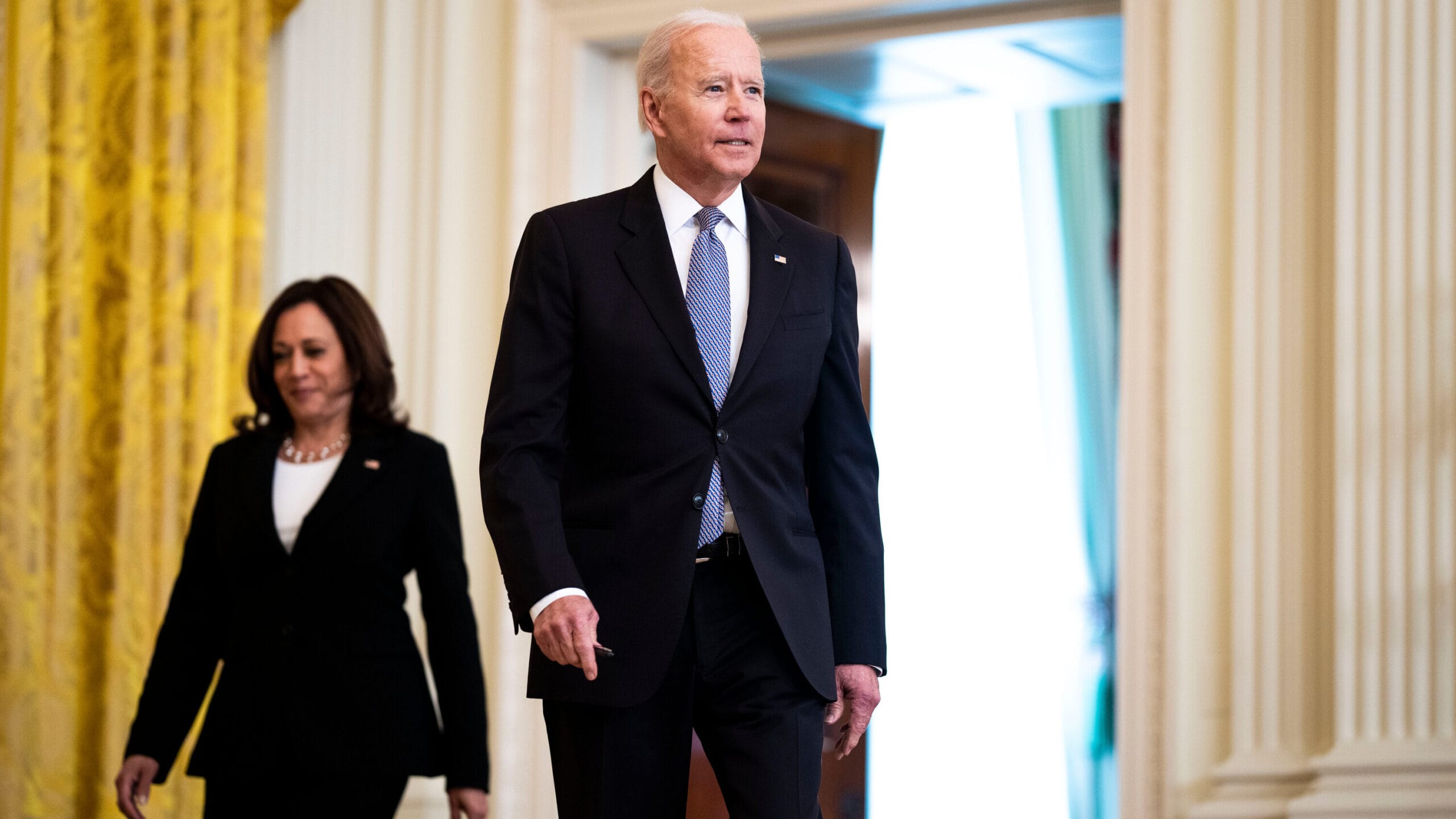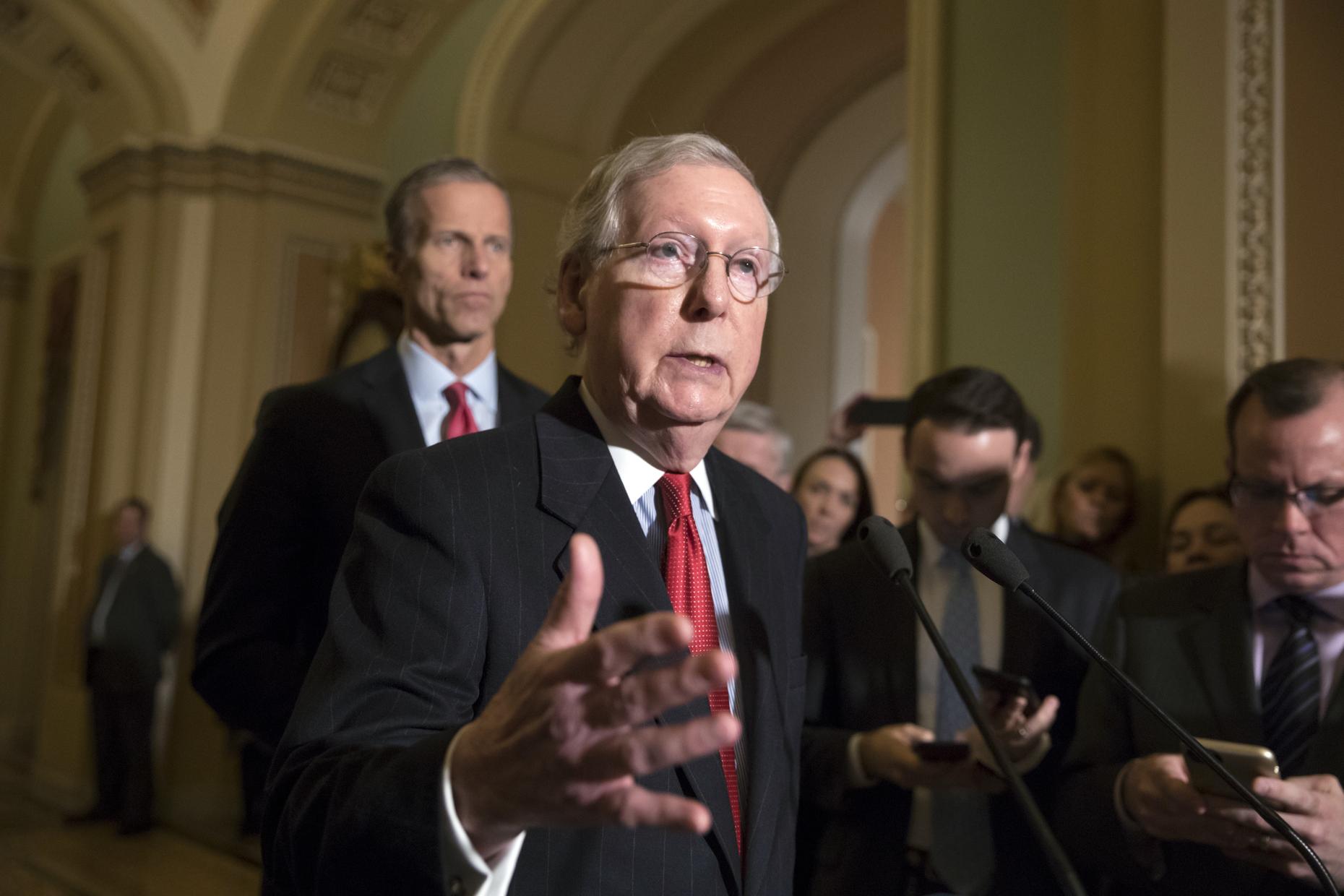Amidst the transition period between administrations, the Biden team is considering a strategic move to potentially issue preemptive pardons for officials and allies. This decision has raised eyebrows and led to debates about the limits and consequences of such actions.
The concept of preemptive pardons is not entirely new in American politics, but it remains a sensitive and controversial topic. By granting pardons ahead of any potential legal challenges or investigations, the Biden administration aims to shield individuals from prosecution related to their activities during the previous administration.
This tactic has both supporters and critics, with some arguing that it is a necessary step to protect individuals who may face politically motivated charges, while others view it as an abuse of presidential power and an obstruction of justice. The legal and ethical implications of preemptive pardons are complex, and experts are divided on the constitutionality of such actions.
While the power to grant pardons is explicitly granted to the President under the U.S. Constitution, the use of preemptive pardons raises questions about the intent behind these actions. Critics argue that preemptive pardons could be seen as an admission of guilt or an attempt to evade accountability for potential wrongdoing. Supporters, on the other hand, see it as a way to prevent politically motivated prosecutions and ensure a smooth transition of power.
As the Biden administration weighs the potential benefits and drawbacks of preemptive pardons, legal experts are closely monitoring the situation. The decision to issue such pardons could have far-reaching implications for the rule of law and the balance of power between the executive and judicial branches of government.
The debate over preemptive pardons underscores the complexities of the presidential transition process and the delicate balance between accountability and political expediency. As the Biden team navigates these challenging waters, the eyes of the nation are on the incoming administration and their approach to this contentious issue.


